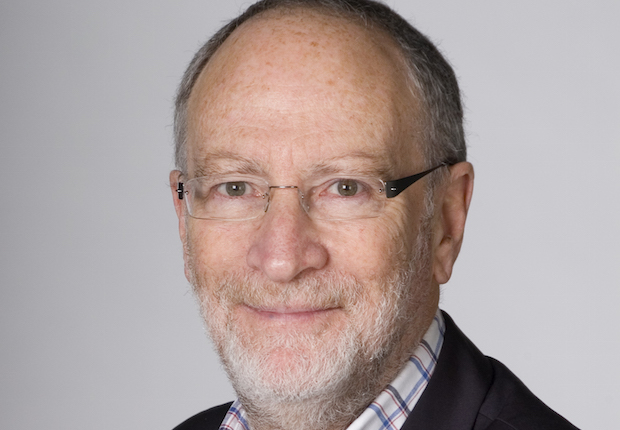
It was as long ago as 1851 when the social reformer John Ruskin reflected on the potential consequences of the Industrial Revolution: “In order that people may be happy in their work, these three things are needed: they must be fit for it, they must not do too much of it, and they must have a sense of success in it”.
Nearly 170 years later, have businesses taken his message seriously? Not really.
Stress-related illness is now the leading cause of sickness absence, directly costing the UK economy roughly £26 billion per annum, according to the Centre for Mental Health’s report, Mental health at work: developing the business case, published in December 2007. And that does not take into account the costs attributed to the NHS for treating people who become ill.
We know from research the main stressors at work: a long-hours culture, abusive and poor line management, lack of work-life balance, unmanageable workloads, lack of engagement, job insecurity, and the like.
It is interesting to see the results of the Employee Benefits/Health Shield Healthcare research 2017, and what organisations are doing or not doing to manage these pressures. It was really good to see that achieving a sensible work-life balance was top of the list in terms of what respondents’ organisations feel they have a duty of care to encourage employees to do (84%).
The evidence is mounting that flexible working is producing health and productivity benefits for organisations if they truly allow people to work more flexibly, and not just parents with young children but all employees. Indeed, when I was lead scientist on the Government Office for Science’s foresight programme Mental Capital and Wellbeing, we found that employers got twice the financial benefit if their flexible-working schemes were open to all employees, and not just parents. One difficulty though is that men do not tend to apply or take flexible working as much as women, except in certain industries such as IT, and they feel that it will adversely affect their career prospects if they do.
We need managers from shop floor to top floor to take this issue more seriously, and we can see from another result in the survey that they are not seriously managing workplace relationships: only 48% of respondents say their organisations feel they have a duty of care in how they manage workplace relationships. Indeed, one of the major sources of stress and lack of wellbeing is linked to the line manager. A duty of care about the health of their employees by top management should be a greater focus on ensuring socially and interpersonally skilled line managers. The greater their social skills, the more they are likely to enable people to work flexibly, have manageable workloads, realistic deadlines, and greater autonomy and control over their jobs. Even Mark Twain understood this when he wrote about bosses: “Keep away from people who try to belittle your ambitions. Small people always do that, but the really great make you feel that you too, can somehow become great”.
There are several other findings that are worrying, including that organisations are not taking presenteeism seriously: just 29% of respondents feel they have a duty of care in reducing this. Strong evidence suggests presenteeism is double the cost of absenteeism, with people turning up to work ill for fear of job loss, and ultimately burning themselves out and contributing little added value to their products and services. But at least organisations are recognising that workplace stress is a big issue, not only in terms of employee health but also productivity, with 67% of businesses identifying the reduction of workplace stress as a duty-of-care issue.
Health and wellbeing at work is now a bottom-line issue if organisations want higher levels of productivity, lower absence and presenteeism, and talent retention. Woody Allen put it another, more humorous, way: “I don’t want to achieve immortality through my work, I want to achieve it by not dying”.
Sir Cary Cooper, CBE, is the 50th anniversary professor of organisational psychology and health at Alliance Manchester Business School, University of Manchester, and president at the Chartered Institute of Personnel and Development (CIPD)